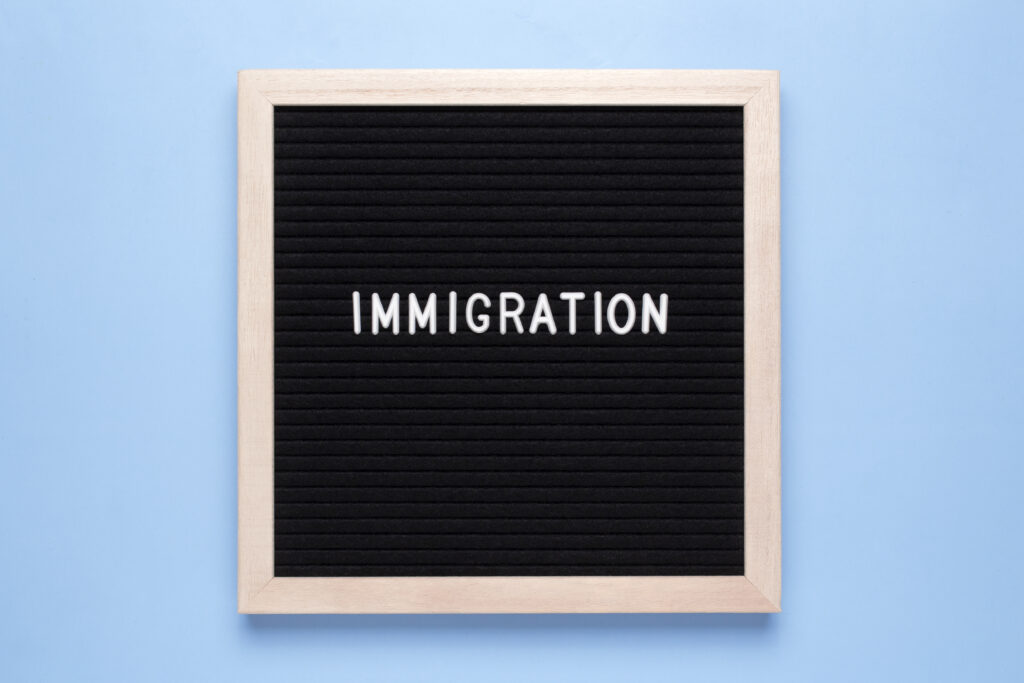The 2025 Immigration White Paper outlines a set of reforms that fundamentally change how the UK manages migration. At its core, it reshapes the balance between high-skilled and lower-skilled roles, with higher skill and salary thresholds becoming the new standard. Access to visa routes is now more restricted, particularly for roles that fall outside the government’s definition of highly skilled. Alongside these changes, the White Paper brings a sharper focus on sponsor licence compliance, raising expectations on how employers monitor, record, and report on their sponsored workers. It also points towards longer-term adjustments in settlement pathways, signalling that the government wants to link residency more closely with economic contribution and labour market need.
For employers, this means the immigration landscape is no longer something that can be managed passively. Workforce planning, recruitment strategies, and HR compliance must now be reviewed with care to ensure that sponsor licence obligations are not only met but also integrated into broader business planning. The reforms represent both a challenge and an opportunity: a challenge in terms of tighter rules and added responsibilities, but also an opportunity for employers who act early to position themselves as compliant, reliable sponsors in a more competitive labour market.
UK Employer Immigration Policy Changes
The White Paper marks a decisive shift in the UK’s approach. It aims to reduce net migration, refocus sponsored roles on graduate-level occupations, and ensure employers invest in domestic skills development rather than relying on overseas recruitment. Lower-skilled routes will be more strictly controlled, only accessible for essential sectors with strategic workforce plans in place.
The Temporary Shortage List replaces the older Immigration Salary List for skilled roles below graduate level. Occupations may be eligible only if the sector demonstrates a long-term workforce strategy and undergoes regular review.
Elevated Skill and Salary Requirements
From July 2025, Skilled Worker visa eligibility is restricted to roles at RQF Level 6 or above, essentially a graduate-level requirement. This reverts to pre-2020 standards and removes around 180 otherwise eligible lower-skilled occupations—except for those listed on the Temporary Shortage List or currently holding transitional arrangements. Salary thresholds have also been updated to reflect 2024 market data from the Annual Survey of Hours and Earnings (ASHE). For roles below graduate level, sponsorship will be time-limited, conditional, and will not include rights to bring dependants—an important shift for employer planning.
The End of Overseas Care Worker Recruitment
One of the most immediate effects for employers is the closure of new overseas recruitment for adult social care roles. This change phases out visas for care workers and senior care workers, though existing sponsored workers can continue to be extended or switch roles until 22 July 2028.
Greater Focus on Employer Compliance
The White Paper strengthens the right-to-work enforcement regime. Employers will face increased scrutiny and must ensure robust compliance with visa regulations. This includes site visits, e-visas, digital ID checks, and biometric-verification systems to detect non-compliance more effectively.
Settlement and Wider Immigration System Reforms
Beyond immediate visa changes, the White Paper signals broader shifts. The settlement period will be extended—those holding leave in the UK may now wait up to 10 years for indefinite leave to remain, rather than five.
There are also plans for tighter controls on family migration, increased deportation powers—particularly for minor offences—and efforts to align legal frameworks more closely with parliamentary decisions rather than reliance on judicial precedent.
Implications for Employers with Sponsorship Responsibilities
Key responsibilities and actions for employers in light of these reforms:
1. Review Eligible Roles
- Audit all sponsorship-listed roles, verifying they meet the new RQF Level 6 standard or appear on the Temporary Shortage List.
- Plan early for replacements where lower-skilled roles are no longer eligible post-July 2025.
2. Update Workforce Planning
- Develop or strengthen training and recruitment plans targeting domestic workers to comply with workforce strategy requirements.
- Prepare for tightened access to lower-skilled roles and carefully assess the feasibility of sponsoring mid-to-long-term needs.
3. Comply with Enhanced Regulatory Requirements
- Maintain rigorous Right to Work compliance systems, documentation, and record-keeping.
- Prepare for more frequent audits, checks, and potential penalties under the new enforcement framework.
4. Understand Transitional Provisions
- Confirm whether existing sponsored care workers or other excluded roles are covered under the transitional period running until 2028.
- Update HR and immigration policies to reflect exactly what workers can apply, renew, or switch roles.
5. Budget for Increased Immigration Costs
- Expect a significant rise in the Immigration Skills Charge to help fund domestic training.
- Review internal budgeting, including changes to visa, recruitment, and compliance costs.
Conclusion: Navigating the New Immigration Landscape
The 2025 White Paper marks a significant turning point in UK employer immigration policy changes. It introduces tighter controls on access to skilled immigration, raises expectations around compliance, and emphasises the importance of developing domestic talent. For any employer holding a sponsor licence, these reforms are likely to influence multiple aspects of business operations—from recruitment and workforce planning to HR policies and overall compliance systems.
To successfully navigate this period of change, employers will need to take a proactive approach. This includes regularly keeping up to date with guidance and announcements relating to the White Paper, reviewing which roles are eligible for sponsorship, and aligning recruitment plans with evolving requirements. Equally important is investing in training and developing domestic staff pipelines to reduce reliance on overseas recruitment while ensuring business continuity.
Maintaining robust Right to Work and compliance processes is also essential. Employers who put strong systems in place now will be better positioned to meet regulatory expectations and avoid disruptions down the line.
For all organisations looking to stay ahead, adapting early and thoughtfully is key. By preparing in advance and integrating these considerations into strategic planning, sponsors can ensure they continue to operate efficiently and responsibly in the new immigration environment.
Follow sponsorlicencehub for the latest advice, updates, and practical guidance on managing these changes and maintaining full compliance under the evolving UK immigration framework.


